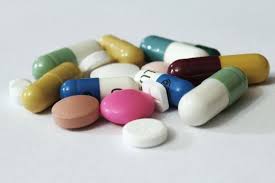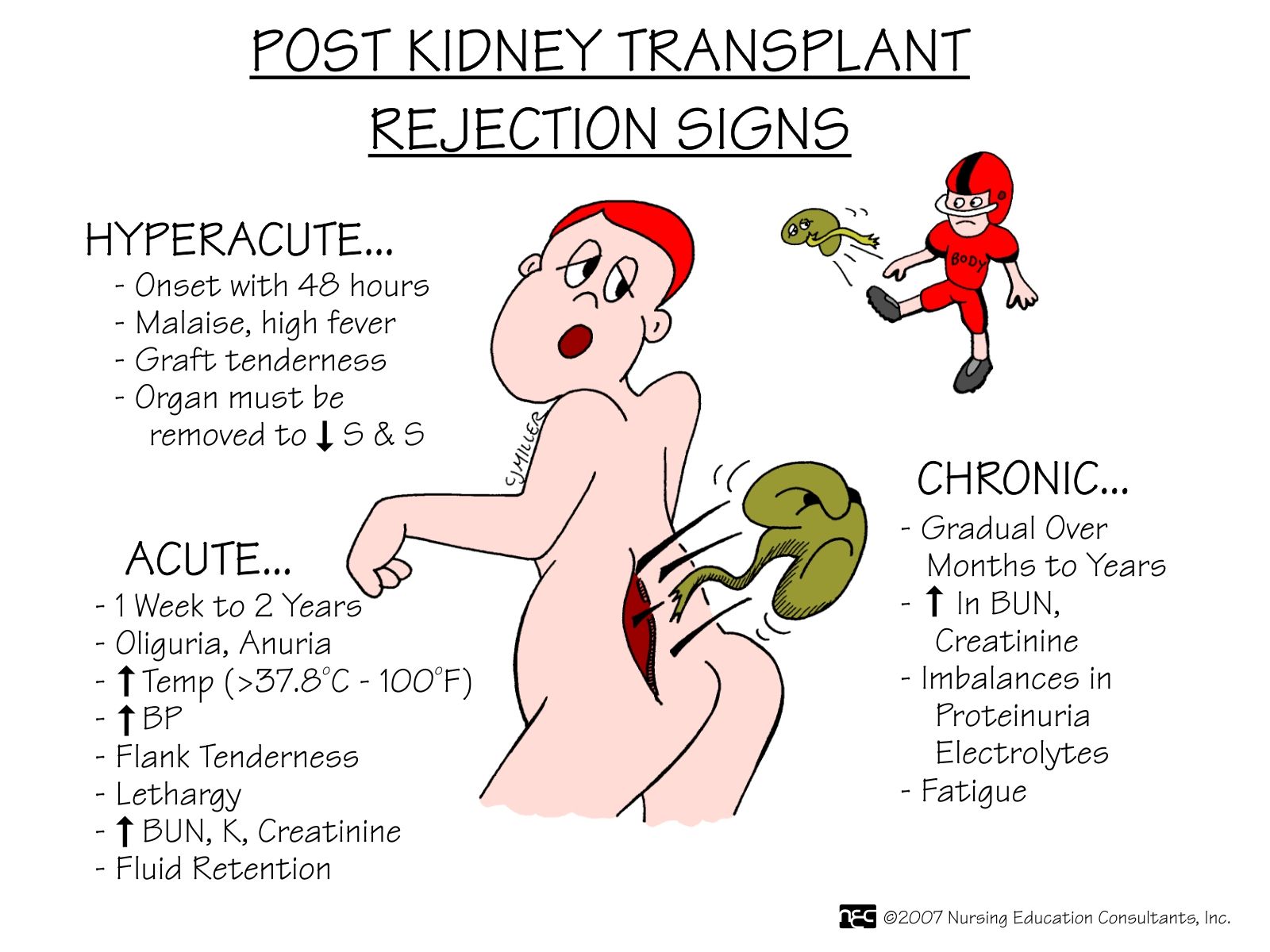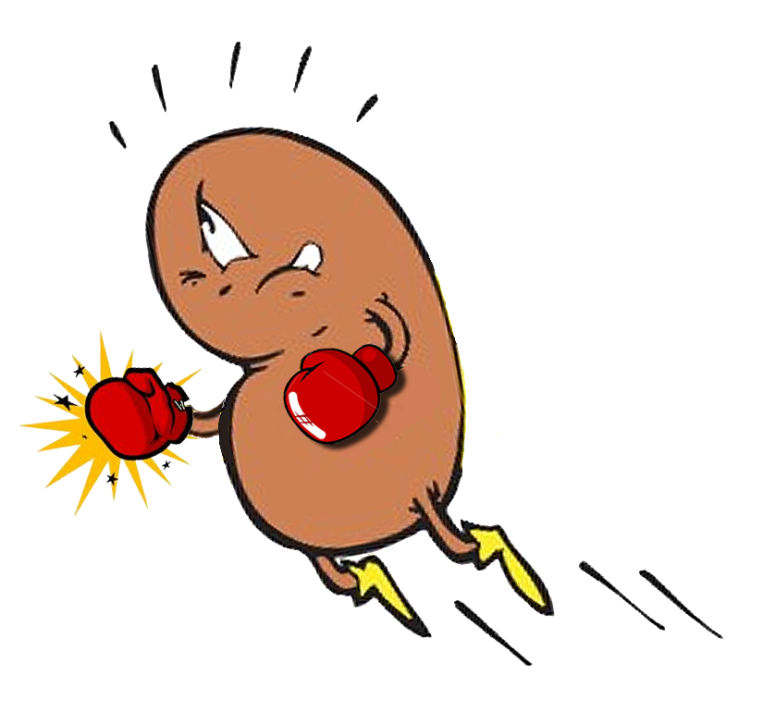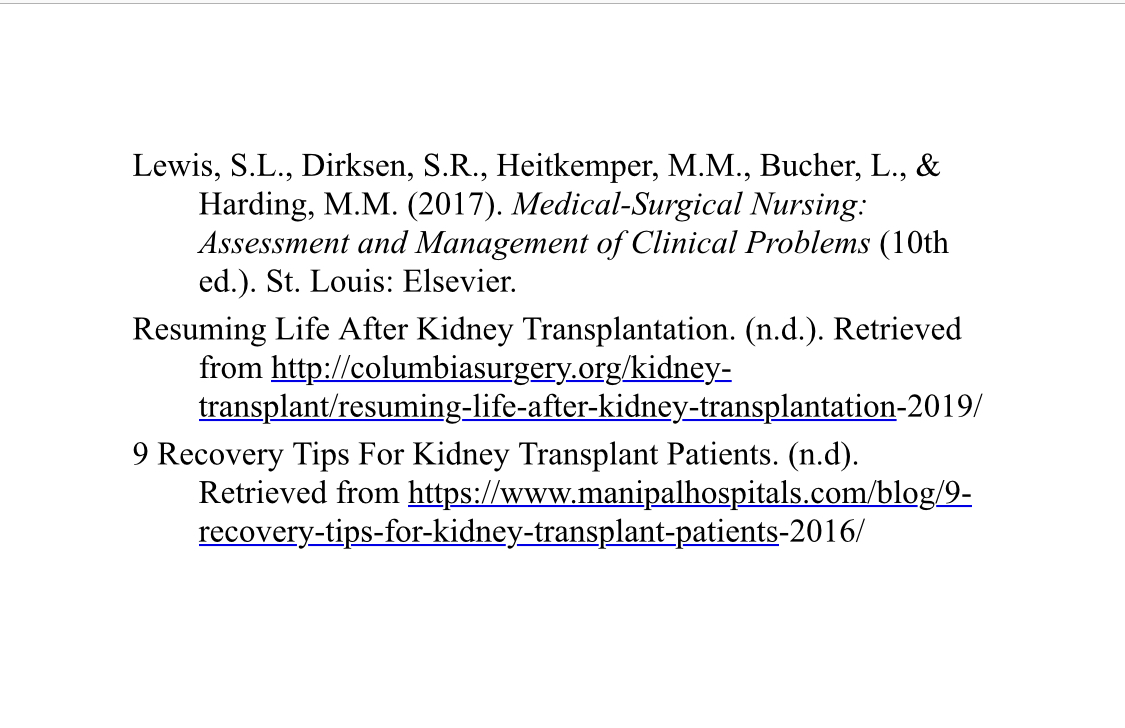

For many people, getting a kidney transplant can feel like getting another chance at life. There are many great things that come with getting a kidney transplant, like having more time in the day and more freedom. There are also many things you should consider in your life after transplant that involve taking care of your new kidney. There are advantages and disadvantages that comes along with kidney transplant. Advantages are having more time in the day and more freedom. Disadvantages are facing complications like kidney rejections. There are plenty of things that patient needs to take into consideration after transplant that involve how to care for a new kidney (Lewis, Dirksen, Heitkemper, & Bucher, 2017).
Post-Transplant Concerns:
After undergoing the transplant, the patient will have to follow strict guidelines for aftercare in order to have a speedy recovery. It is important to discuss a dietary plan with dietitian and promptly follow the instructions. Avoid raw or under-cooked foods. With your weakened immune system, eating raw or under cooked foods – specifically under cooked meat or eggs at any time after transplant puts you at risk for severe intestinal illness. Eat a well-balanced diet with a few special dietary considerations. Protein is especially important to help build muscle and recover lost weight. Consult with your nutritionist in how much of protein you need (“Recovery Tips for the Kidney Transplant Patients”, 2016).
1. Avoid Infection

In the first 3 months after surgery, your immune system is highly suppressed. Having a weakened immune system outs you at high risk for infectious diseases. You should avoid close crowds (church, public transportation, fairs and festivals) where contact with an infected person is more likely to happen. When you go out, make sure to wash your hands frequently- either with soap and water or use hand sanitizer and stay away from people who are ill (“Recovery Tips for the Kidney Transplant Patients”, 2016).
2. ROUTINE SELF-EXAMINATION

Developing certain cancers is more common when taking immunosuppressive medications. Because of this, we recommend monthly breast and testicular self-examination and routine medical check-ups. PAP smears, breast exams, testicular exams, and skin cancer screening should be done by your physician every year. Your local physician can perform these tests but duplicate reports should be sent to the transplant team to help us with your follow-up care (“Resuming Life After Kidney Transplant”, 2019).
2.Immunizations and Vaccinations

Post-transplant, annual flu shots are recommended after 1 year. If additional innoculations are necessary, you should only receive “dead virus” vaccinations. You may not receive “live virus” vaccines, such as varicella or MMR, because of risk of transmission. Care must be used in contact with family members who were recently immunized, especially infants receiving the polio vaccine, as the virus will be shed in their stool (“Resuming Life After Kidney Transplant”, 2019).
3. Medications

Your transplant team may be able to recommend a pharmacy that will send all your monthly medications directly to your home. The insurance company who issues your drug plan will have to pre-approve the use of such a service. Generics are generally fine, but please check with the transplant team if your pharmacy wants to make substitutions. Many medications will interact with your immunosuppressants; for this reason, you must always consult with the transplant team prior to taking any new medications, or altering the dosage of the immunosuppressants and other medicines we have prescribed (“Resuming Life After Kidney Transplant”, 2019).
5. Watch your habits

Try to cut down on alcohol because some of the drugs can interact with alcohol and produce unwanted effects. Do not smoke as it can hurt your transplanted kidney. By doing so, you are helping both yourself and the people surrounding you.
It is strongly recommend that you do not smoke. Smoking damages the lungs, putting you at greater risk for lung infections, including bronchitis, emphysema, and pneumonia. It also increases your risk of developing cancer (“Resuming Life After Kidney Transplant”, 2019).
6. Exercise

Exercise will become an important part of your life, enabling a faster return to your routine activities, and helping you maintain overall improved health. Regular exercise will help you control your cholesterol levels, blood pressure, and weight. Exercise releases tension and helps boost your energy, and encourages positive changes in other important lifestyle habits—such as maintaining a healthy diet. Exercise has been shown to improve muscle tone, as well as the functioning of your heart and lungs. It also helps reduce stress, and achieve and maintain ideal body weight. (“Resuming Life After Kidney Transplant”, 2019).
7. Driving.

You will not be able to drive for approximately two to four weeks after your transplant. You should speak with your physician before driving for the first time after your transplant. The initial doses of the medications we prescribe can cause tremors, weakness, and blurred vision. These side effects, which are often worse in the first few months, make handling a car difficult. Therefore, we recommend that you abstain from driving until you are cleared to do so by the transplant team (“Resuming Life After Kidney Transplant”, 2019).
8. Sun Exposure
Transplant recipients run a substantially increased risk for developing skin and lip cancers, and this risk increases over time (see below). Prolonged and repeated exposure to the sun’s ultraviolet radiation produces permanent and damaging skin changes. The darker your skin, the more natural protection you have against burning and skin damage. But, bear in mind that you can now burn even if you are black because your medications make you more sensitive to the sun. You will not need any special skin care unless you develop problems with acne or dry skin. (“Resuming Life After Kidney Transplant”, 2019).
Feeling rejected?

Kidney rejection is one of complications after kidney transplant surgery. Having a new kidney is a exclusive change for your body. Your immune system, which protects your body from germs and harmful cells, recognizes new kidney as a foreign object and will start fighting it – which leads to kidney rejection. If you experience signs of rejection, such as tenderness over your kidney transplant, area, less urine output than usual, sudden weight gain etc., then you must immediately call up your health care coordinator. It may be temporarily treated by increasing the dose of anti-rejection medicine -anti-rejection medicines suppress the immune system to prevent rejection of new kidney (Lewis et al., 2017).
To avoid rejection of your new kidney you must take an extremely good care for your new kidney and monitor symptoms of rejections.

Patient Education

❖Avoid prolonged sitting
❖ Monitor intake and output
❖ Recognize the signs and symptoms
of rejection.
❖ Use immunosuppressive agents for
life.
❖ Avoid contact sports.
❖ Avoid exposure to infection.
❖ Ensure follow up care.
References:

